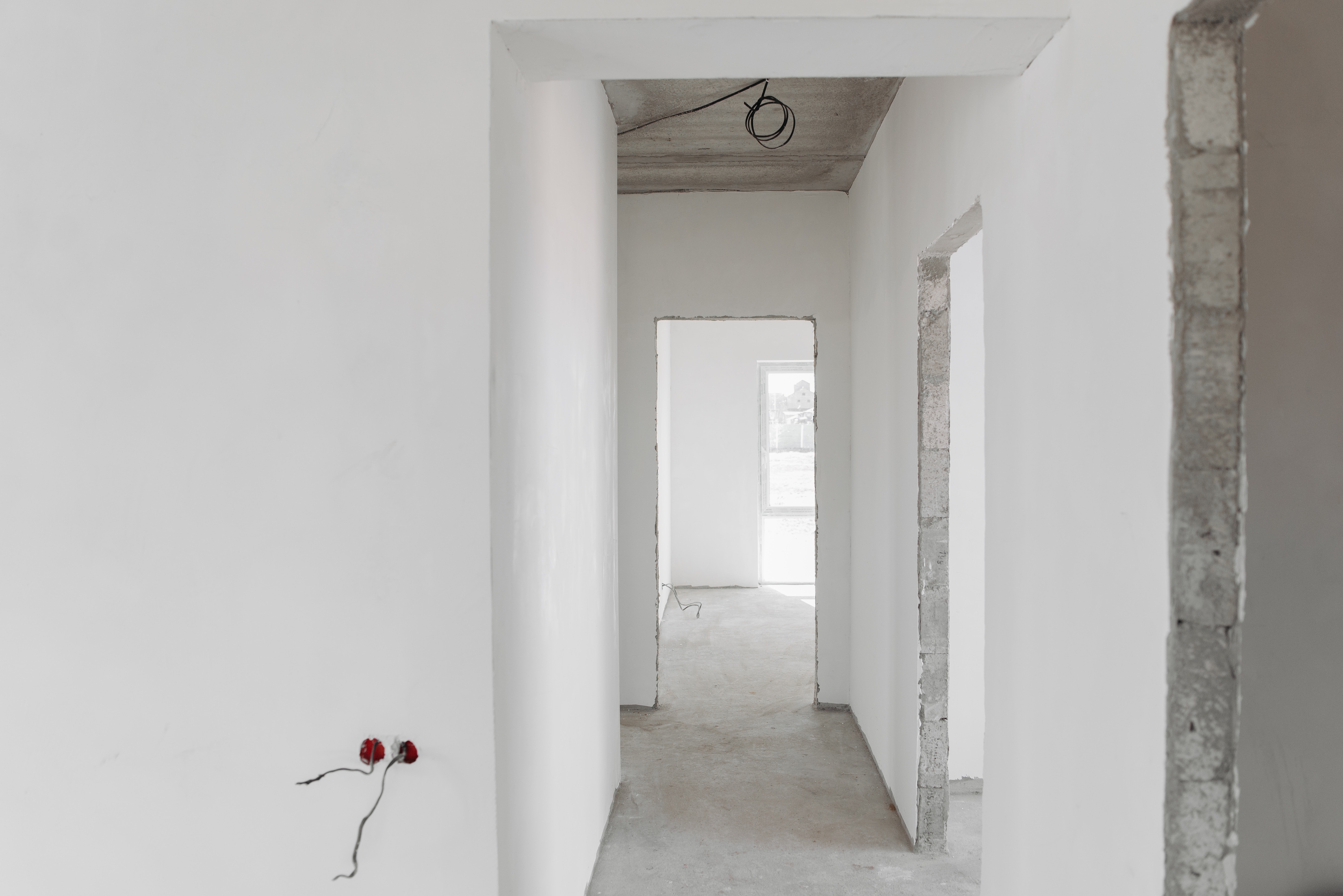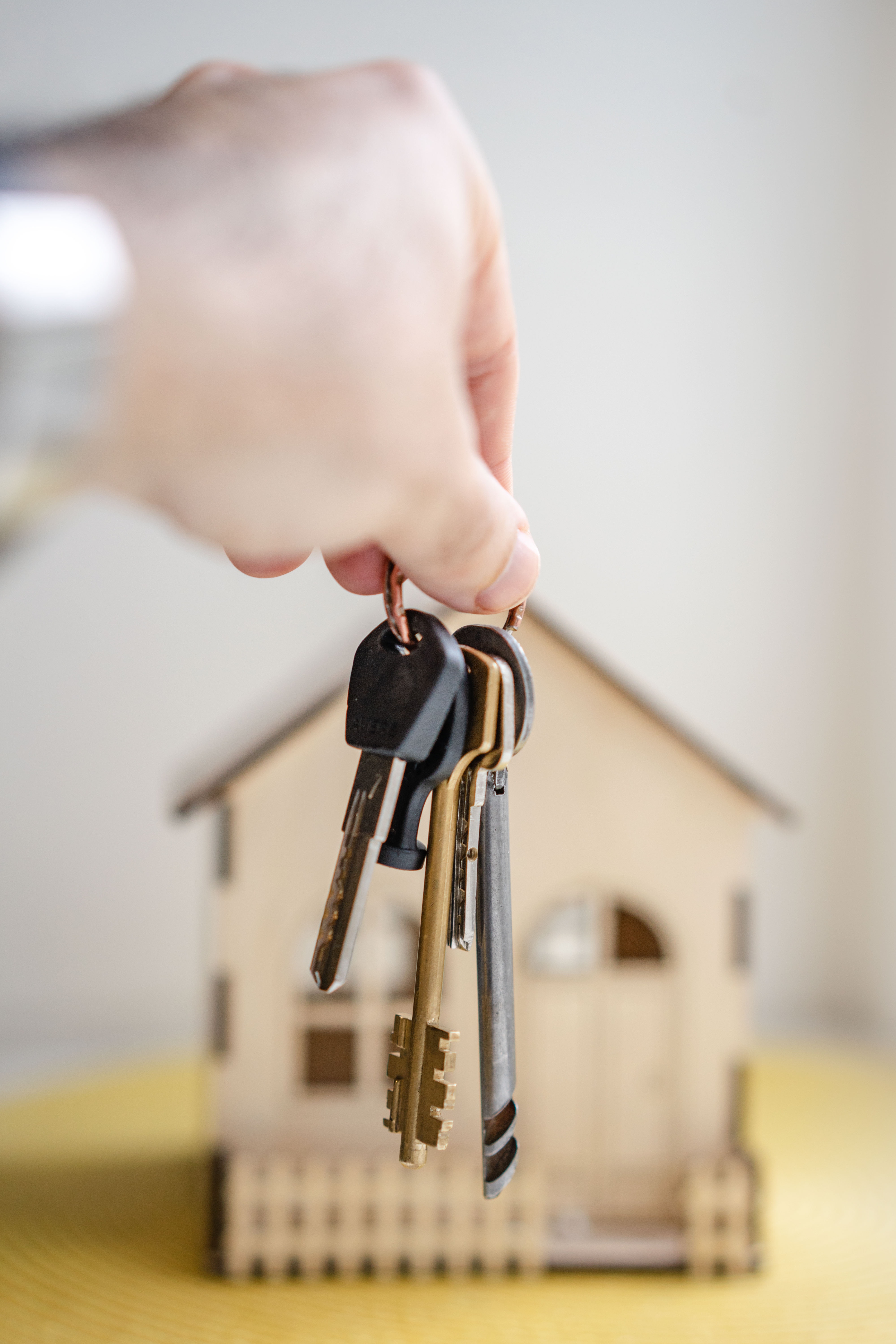Before anything else, we need to know what is house flipping.
When a real estate investor buys a house and then sells it for a profit, this is known as "house flipping." The property must be purchased with the goal of immediately reselling it to be labeled a flip.
If you're new to purchasing and flipping houses, you've probably noticed that there's a lot to learn. House flippers, or real estate investors that flip houses can make a lot of money in a short amount of time. House flipping, on the other hand, necessitates a significant amount of effort, far more than reality TV stars make it appear.
But where do you even begin? In this article, we'll look at the important actions you'll need to take to flip your first house.

Look for properties
You should spend some time researching the real estate market and deciding on the best location to invest in before getting started. Not every market is a good fit for flipping houses so working with a real estate professional who can guide you through the process is an excellent option.
When looking for properties to flip, think like an investor rather than a homebuyer. You're not purchasing a home that meets your wants; rather, you're purchasing a property that can be upgraded with minimal time and resources and then swiftly sold.
Locate funding
The most critical step in flipping a house, aside from moving quickly, is to set a budget. Unless you pay cash, finding financing for your investment property can be difficult, but not impossible. You must first secure finances, after which you must ensure that every move you make in the future stays inside your budget. Staying within your budget will help you earn a profit when you sell the house and eliminate the need to dive into your savings or personal funds to make up the difference.
Purchase the property to flip
You can make an offer and close on a house once you've discovered the perfect one. You should expect some competition from other possible purchasers if the house is a particularly good value. Make sure you know what the highest price is you can pay for that property and still be profitable. Hire a home inspector if you're thinking about buying a house. Home inspections can take many hours and are extremely thorough.
Put together a list of people who will be on your team.
Enlist the support of friends and family, even if it's only clearing and repainting the walls. Also, if there are any repairs you can't perform yourself, choose dependable contractors to deal with. Carefully select your contractors. Call as many references and prior clients as possible if you've never dealt with a contractor before.
Renovate
The quicker you finish the renovation process, the quicker you can sell the house. Avoid selecting the cheapest materials, as well as expensive or custom-made improvements and furniture, when upgrading the property. They will put a strain on your budget and may cause delays. It's crucial to know your budget upfront so that you can stay on track with your upgrades and increase the value of your property.

Sell the property
It's time to put your house on the market now that the repairs and renovations are complete. Take a lot of good pictures, a video tour, and write a description that highlights all of the property's features. Time is of the utmost at this point, because the longer your home stands on the market, the less money you'll make. As a result, your goal should be to make quick changes and sell the house as soon as possible.
Your real estate flip should not be rushed. But keep in mind that you don't want this house to lie empty for long. It can be hard to learn how to flip a house and make your first deal. Take the wisdom of seasoned real estate investors who have gone before you. So you don't have to make the same mistakes. While research and planning will help you avoid mistakes, it is an action that will provide positive results and allow you to benefit from house flipping.





